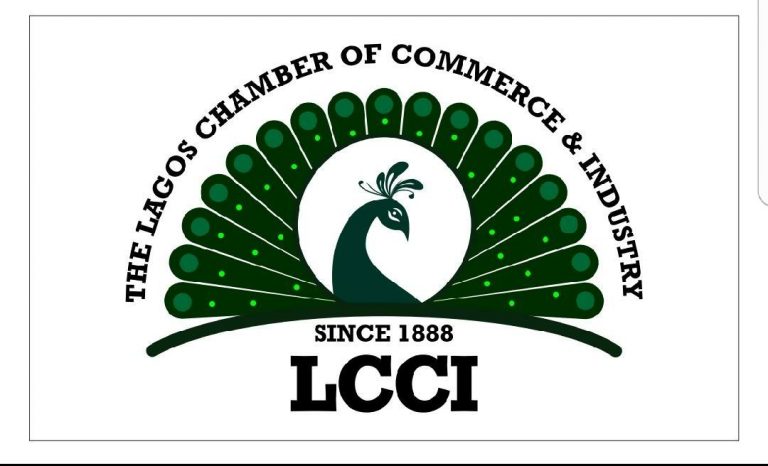Going into the second quarter of 2022, the Lagos Chamber of Commerce and Industry (LCCI) on Tuesday disclosed that the manufacturing sector will likely suffer some shocks from the rising cost of diesel, logistics, foreign exchange illiquidity and domestic inflationary pressure.
The sector according to the Chamber may also suffer shocks from weakening purchasing power, poor public infrastructure and port-related challenges as they may continue to present as headwinds to the sector’s performance.
- NIGERIA DAILY: Are Nigerian Elites Building Political Dynasties?
- Nigerian civil service bureaucratic corps from a generational lens
President of LCCI, Asiwaju Michael Olawale-Cole disclosed this while commenting on the GDP Growth Outlook for Q2 2022 at a press conference on the state of Nigeria’s economy.
According to him, the persisting Russia-Ukraine war has triggered a positive oil price shock with spillover effects on operating costs, raw materials and inflation in countries that are not directly engaged with the war.
Nigeria, he said, is not an exception as prices of goods and services are moving northward with the potential implication of shrinking production of goods and services.
The worsening security challenges in many parts of the country, he also said, are another serious threat to the agricultural and manufacturing value chain, which is capable of reducing production and contracting the sectors.
“If the above condition persists, production volumes will be impacted by the raw materials supply chain disruptions caused by the war in Ukraine, the rising cost of diesel and other internal security crises. Job losses are also very likely due to constrained production and disrupted supply chains. All of these will likely depress growth potentials in Q2 2022,”
“In terms of real contribution to GDP, the manufacturing sector contributed 8.46percent in Q4 2021, lower than the 8.60percent recorded in the fourth quarter of 2020 and lower than the 8.96percent recorded in Q3 2021,” he said.
To sustain the pace of recovery in 2022 and to navigate through the rising uncertainties in the global economy, LCCI stressed the need for government to look for ways to resolve the lingering fuel supply crises by increasing importation to meet growing demand, which is putting pressure on diesel and fuel prices.
It also advocated for removal of fuel subsidies and that such rescued funds be diverted to subsidise the production of goods and services in the face of the rising cost of manufacturing.

 Join Daily Trust WhatsApp Community For Quick Access To News and Happenings Around You.
Join Daily Trust WhatsApp Community For Quick Access To News and Happenings Around You.

